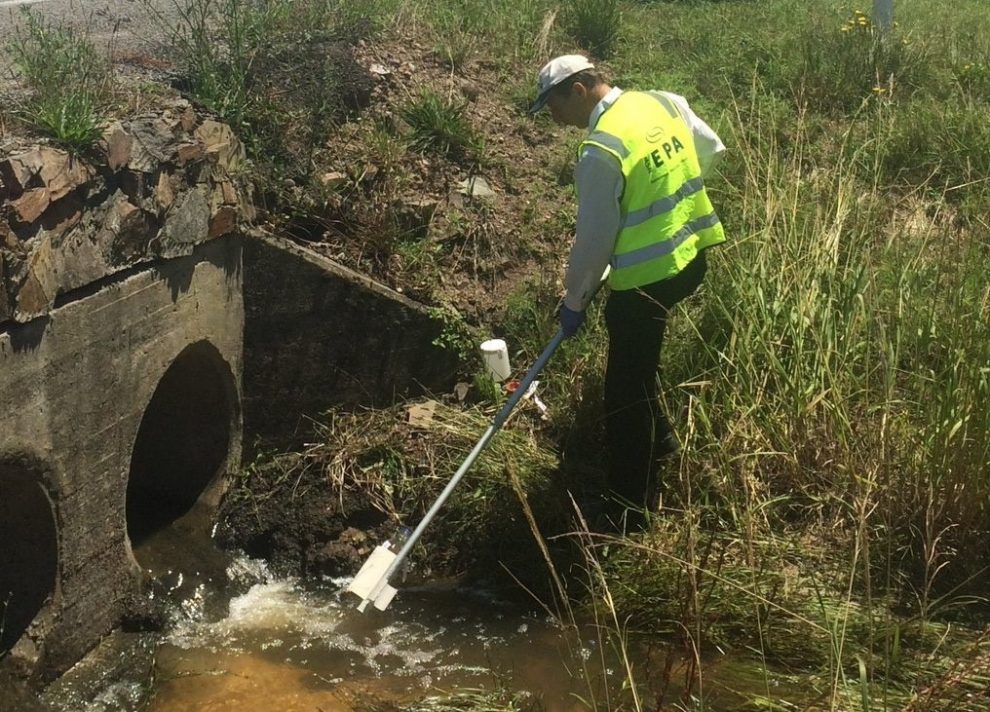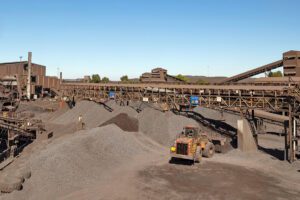The NSW Environment Protection Authority (EPA) and Department of Planning, Industry and Environment (DPIE) have fined Warkworth Mining Ltd a total of $30,000 following a joint investigation.
The EPA fined Warkworth Mining Ltd $15,000 for allegedly failing to manage saline water at their Singleton mine. DPIE also issued the company a fine of $15,000 for allegedly failing to implement their approved Water Management Plan.
During wet weather on 30 March 2019 Warkworth Mining Ltd discharged saline water from a dam into Longford Creek. The dam was draining water from an active coal truck area, which meant the water had a high saline level because it is affected by coal and spoil or overburden.
EPA Acting Director Hunter Amiette Wakenshaw said the EPA enforced strict licence conditions on mines to prevent unregulated saline discharges from dams into local waterways. The EPA requires that all saline water be managed on the mining site and can only be released under strict conditions as regulated through the Hunter River Salinity Trading Scheme.
“While this particular incident in isolation did not put the environment at risk, saline discharges from mines in the Hunter Valley can have a cumulative impact. The management of saline waters on mines is taken very seriously by the EPA,” Ms Wakenshaw said.
“Increased volume or concentration of salinity in creeks and streams can harm riverine ecosystems, degrade town water supplies, and affect local irrigated agriculture, so the EPA enforces strict rules that require all mines to manage their saline water to protect local waterways.”
DPIE Director of Compliance Ben Harrison said a pipe that received saline mine water was installed in a way that meant saline water ended up in a sediment dam.
“The Water Management Plan requires the mine to ensure that saline water, including runoff from haul roads, only goes into dedicated mine water dams. Sediment dams are only designed to receive sediment-laden water, not saline mine water,” Mr Harrison said.
“This penalty notice should serve as a reminder to all mines to ensure that their water management systems are constructed and managed appropriately.”
The effect of mining and power operations on water quality in the Hunter River is strictly regulated and controlled by the Hunter River Salinity Trading Scheme The HRSTS auctions salinity credits which enable mines and power stations to discharge saline water during high flow periods, so water quality is not compromised.
Read more Mining Safety News














Add Comment